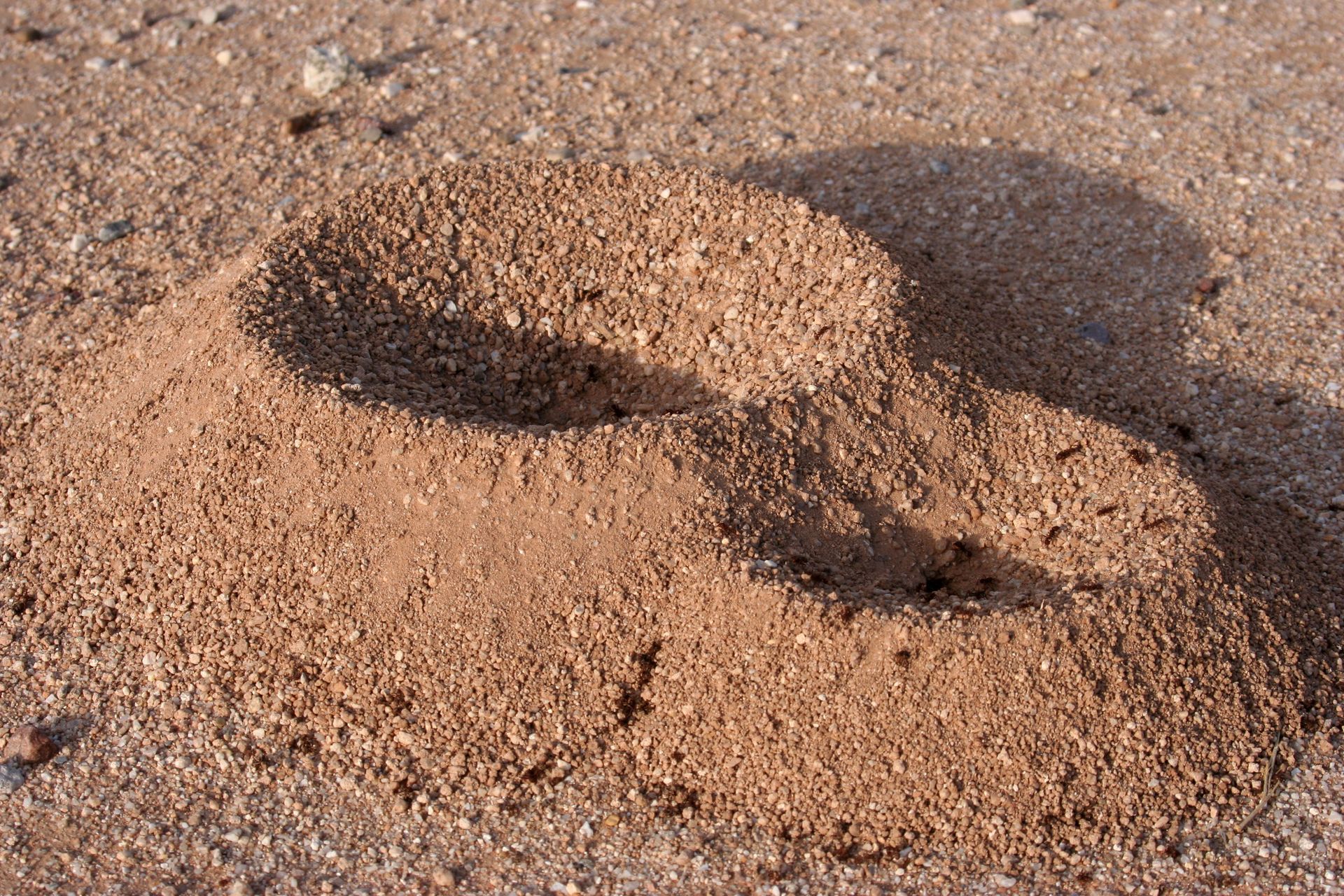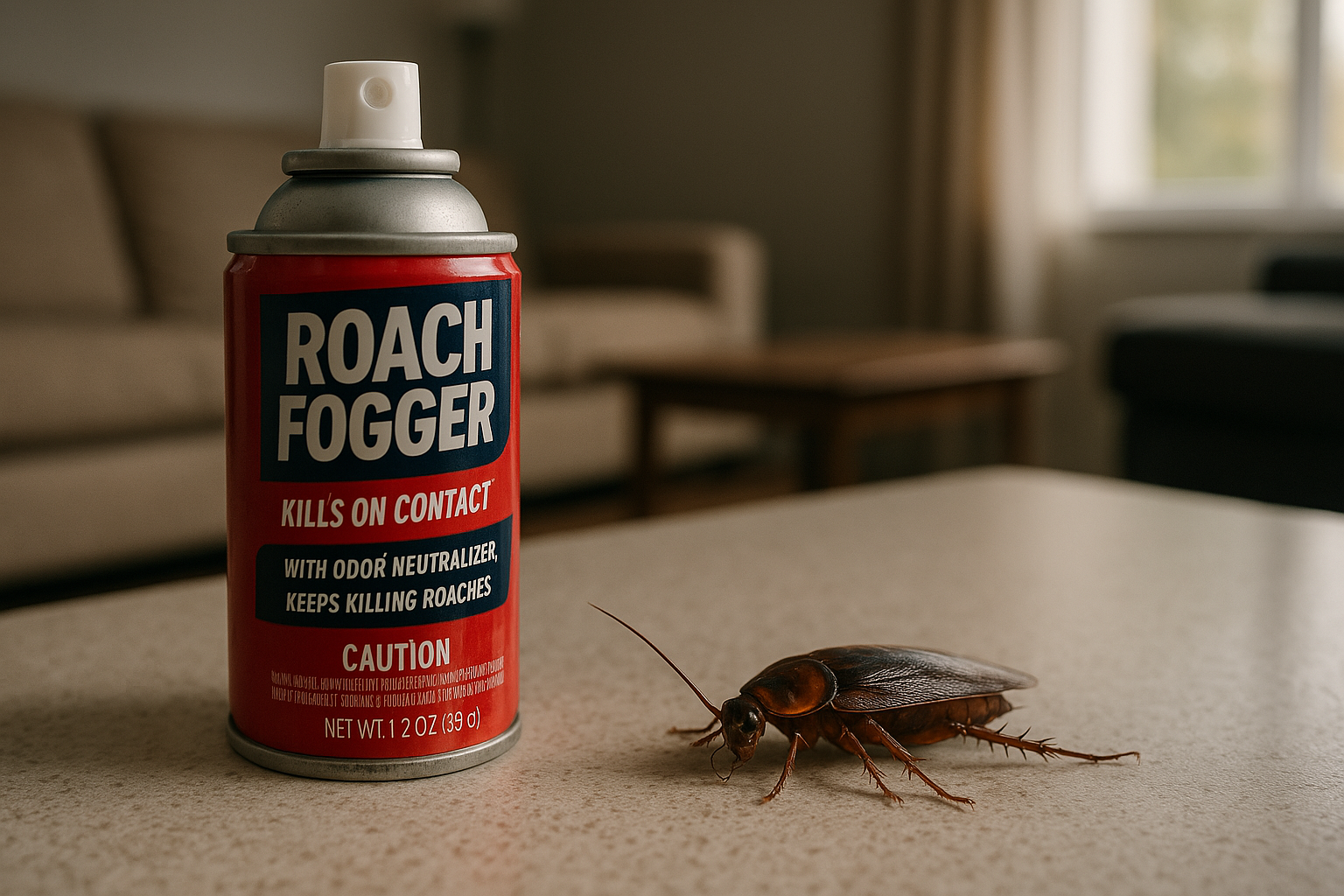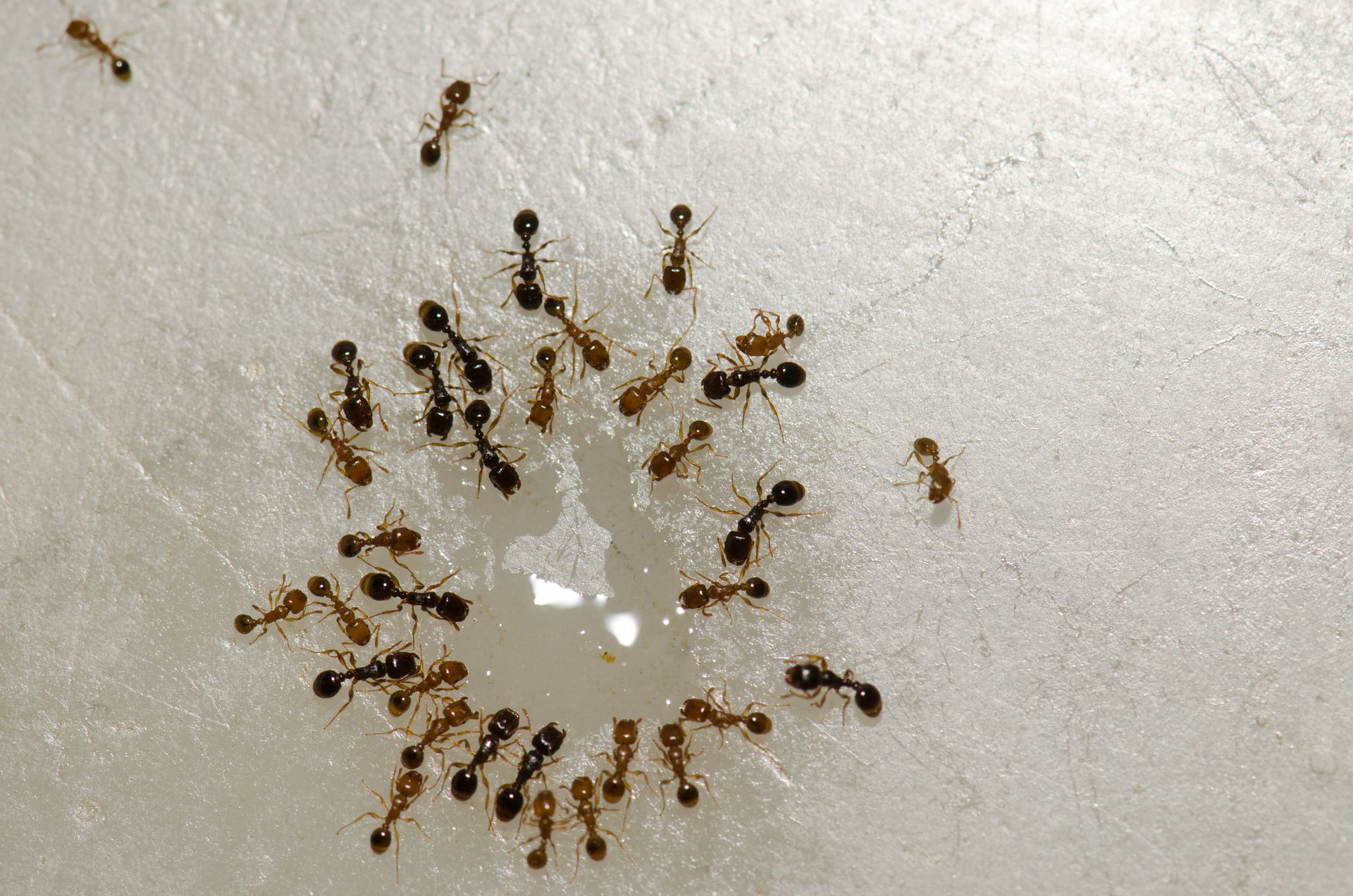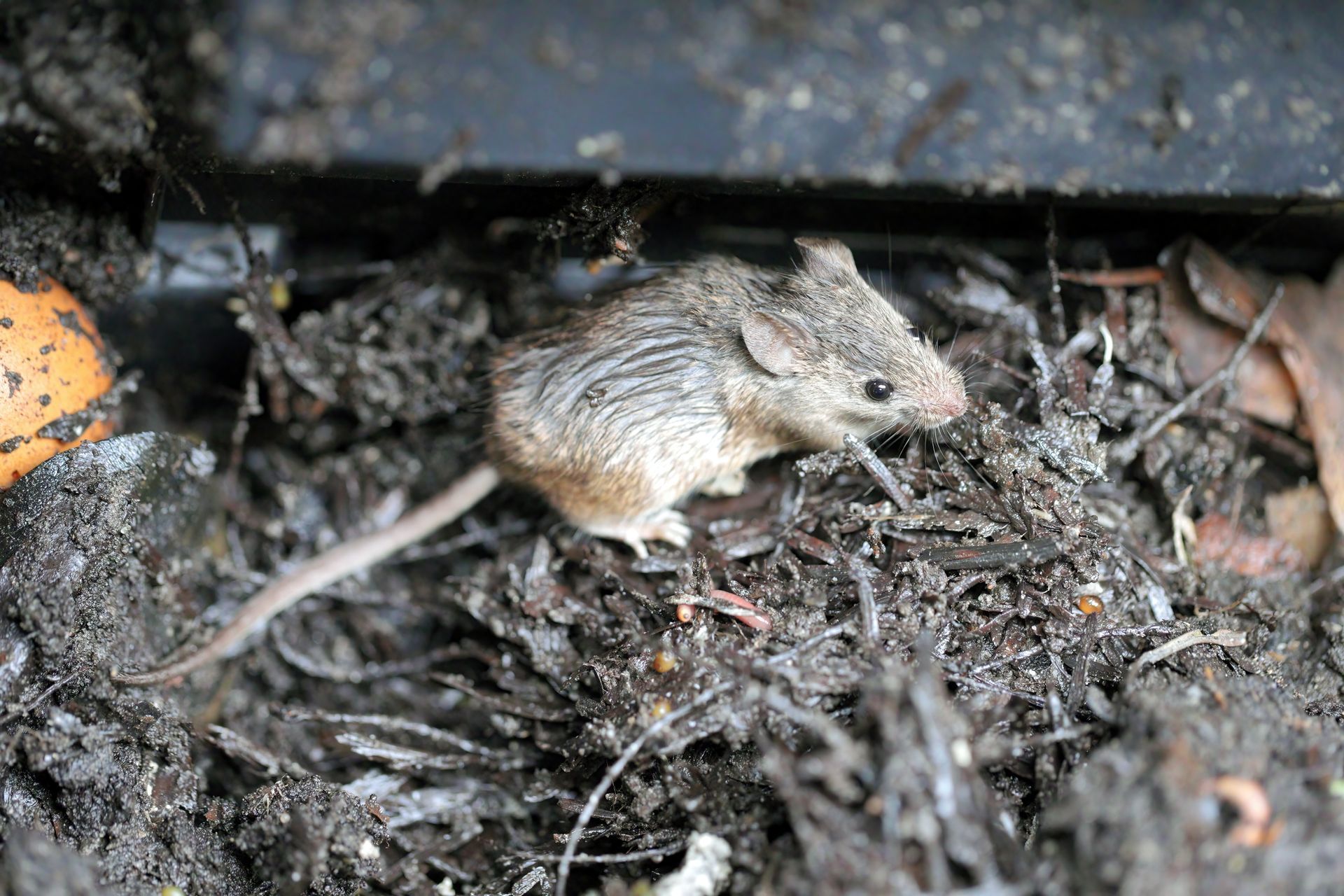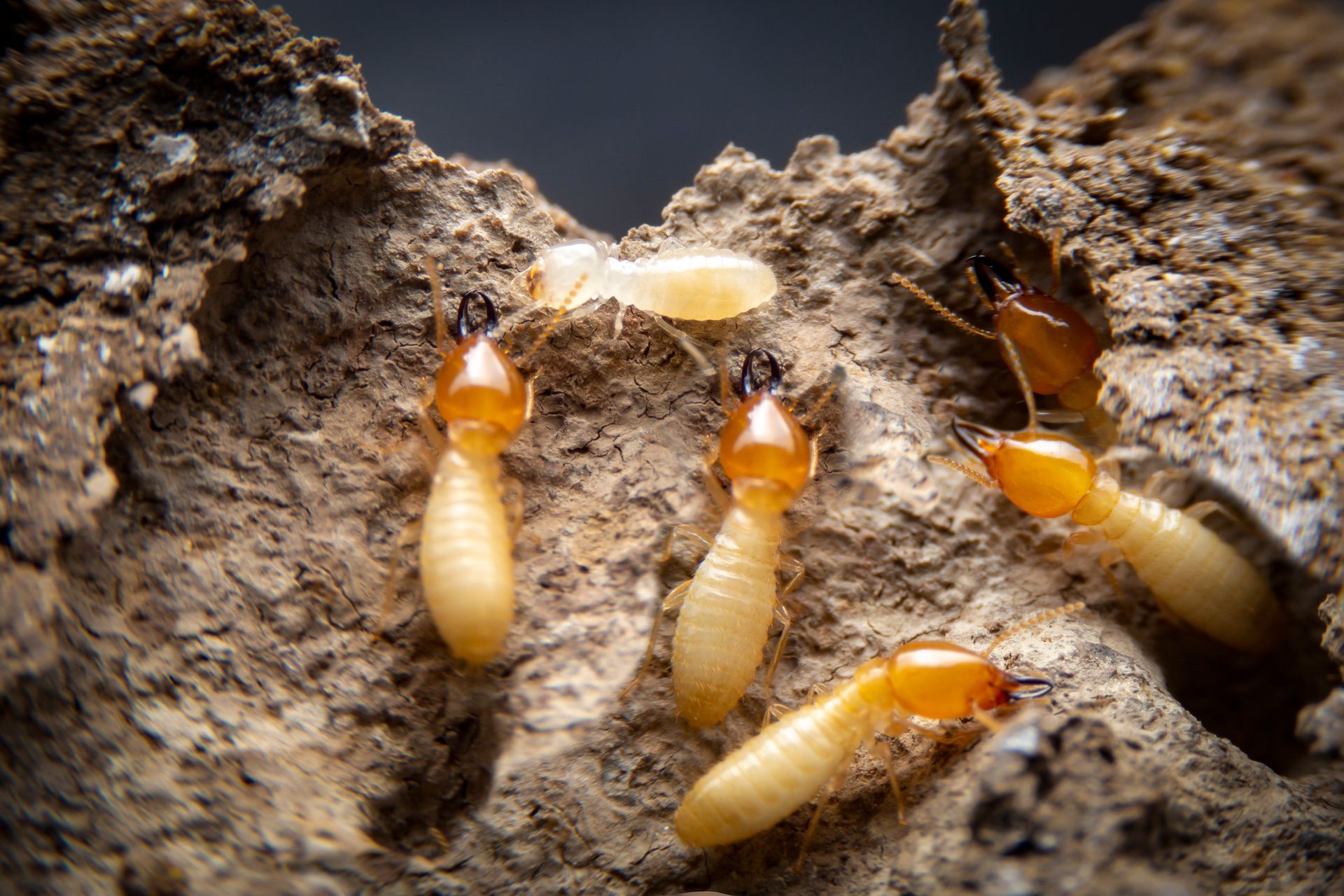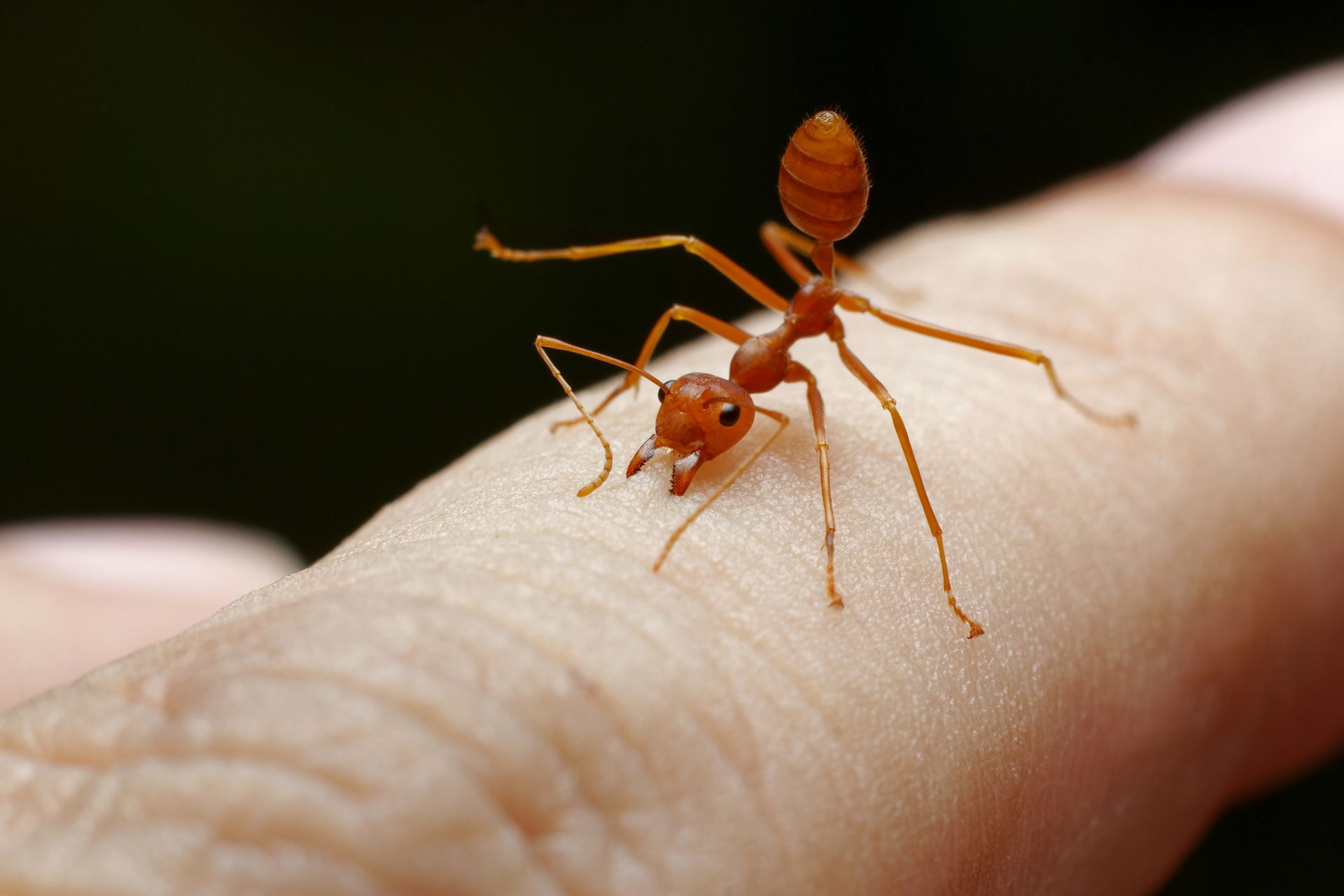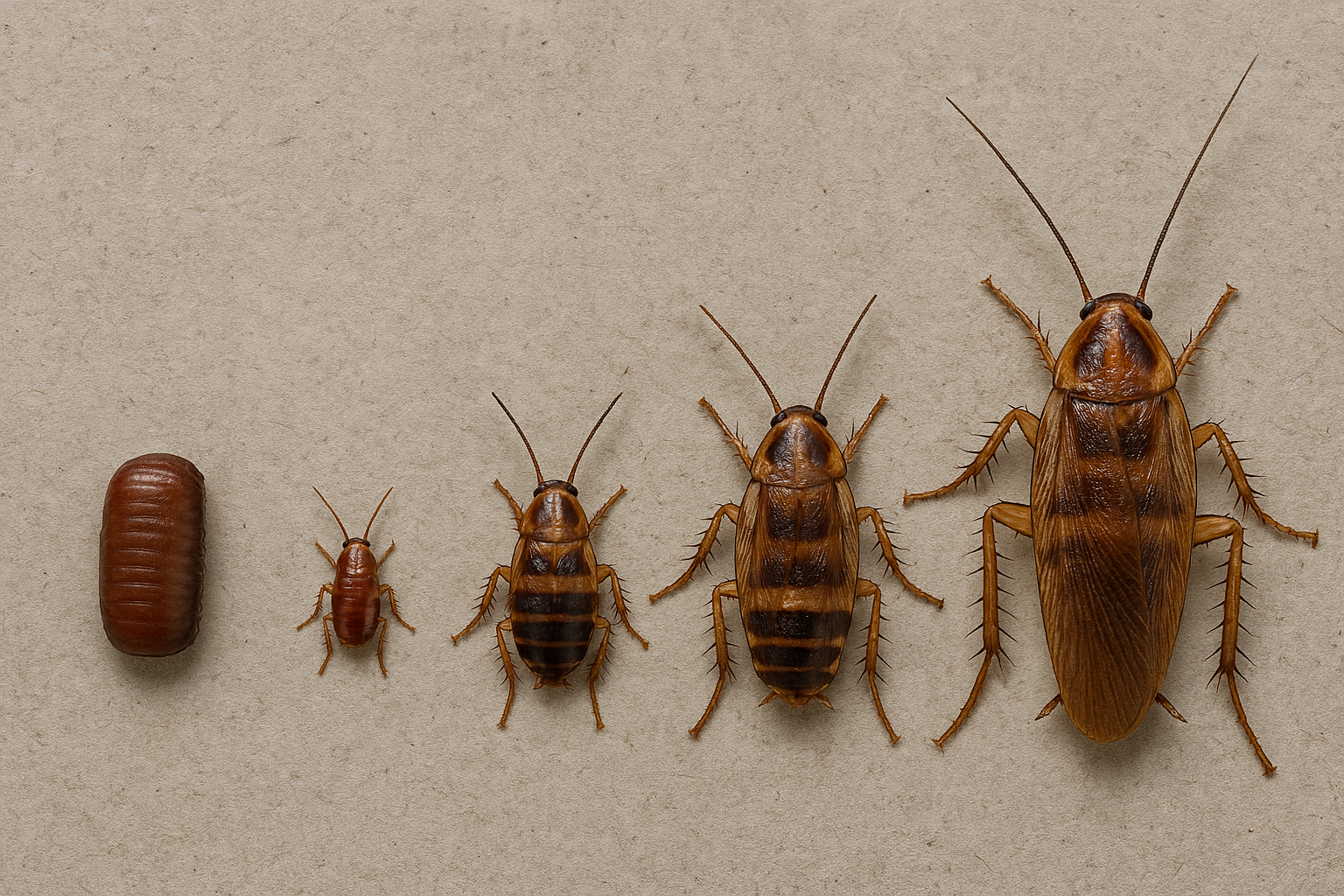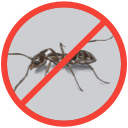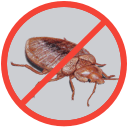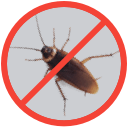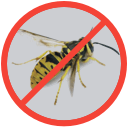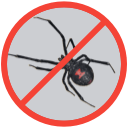How To Get Rid Of Black Widows
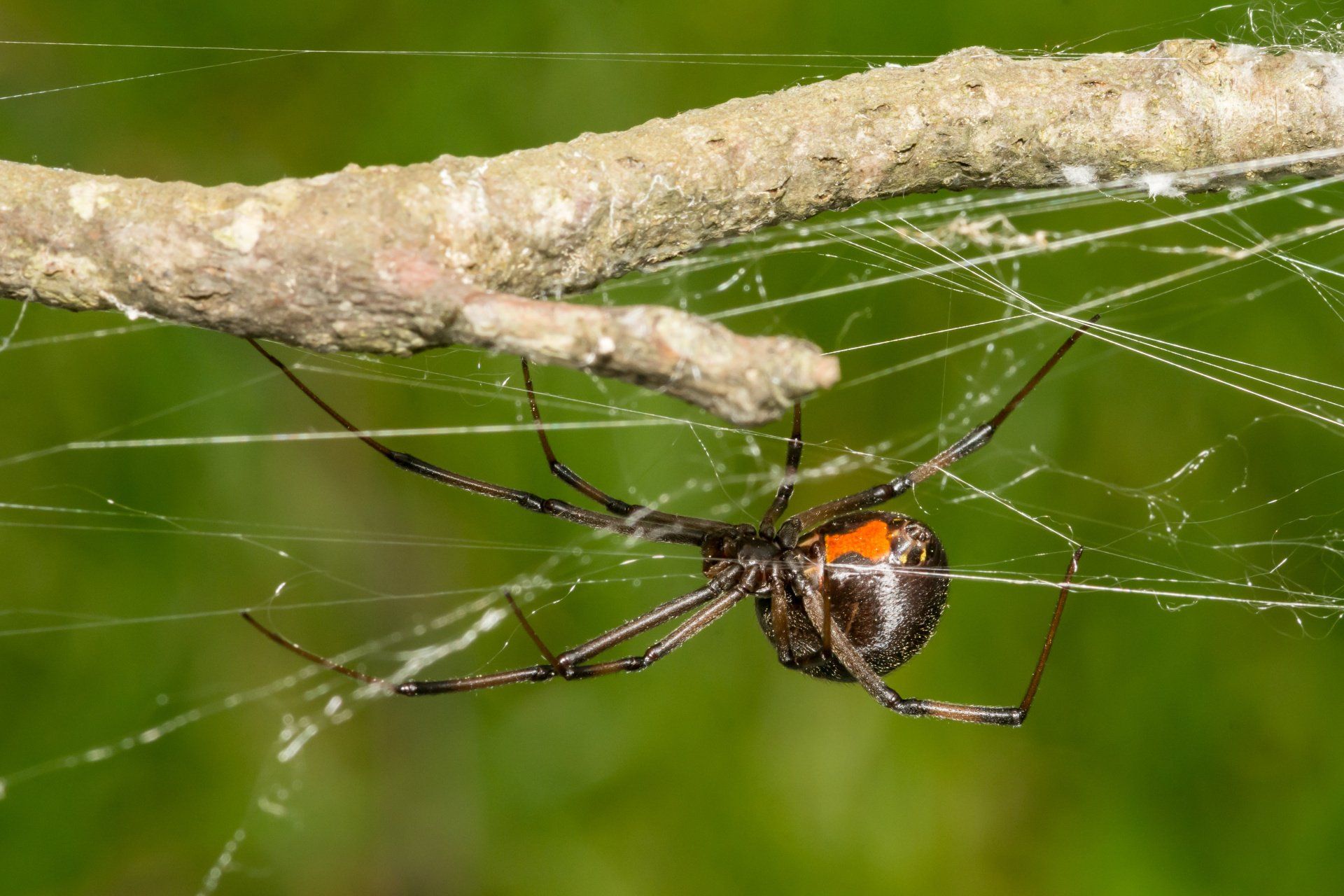
Black widow spiders are not aggressive, but they still present a threat because of their venomous bite. They can be found in garages, basements, crawl spaces, and other dark and undisturbed areas that are low to the ground where they can hide. There are several ways to get rid of black widow spiders if they become a problem. Using strong scents to deter their presence, vacuums to clear webs, and pesticides to treat problematic areas all provide partial coverage in attempts to exterminate black widows. Different strategies can be used together to increase the effectiveness of black widow treatments and minimize the presence of black widows on your property.
How to Get Rid of Black Widows Like a Professional
Getting rid of black widows can be tricky if you do not know what to look for and where to find it. Being able to identify black widows and quickly finding areas that are most likely to house a black widow’s web makes treatment much easier. Professional black widow control experts have the experience that cuts down the time it takes to identify what and where to target.
Know How to Identify a Black Widow
Recognizing a black widow is easy once you know what to look for. The female black widows are easy to identify because they have a large shiny body that is black and marked with a red hourglass figure. They are about a half inch to inch and a half long and can move quickly through their web. Black widow spider webs are not symmetrical like other spider webs. Their webbing is messier and more haphazard and also very strong compared to normal household spider webs. Male black widows are about half the size of the females and are a lighter shade of tan or grey. They are not a threat since they do not carry a venomous bite.
Know Where to Look for Black Widows
Black widows are cautious creatures who do their best to avoid detection. They prefer to build webs in places that are dark, isolated, and protected. Their webs are typically found close to the ground, so it is much more common to find black widows in basements and garages and much less likely to find them in attics. Black widows can also be found in piles of debris, woodpiles, storage rooms, under patios and decks, and any other areas that are not frequently disturbed.
Black Widow Spider Treatments
Professionals use a combination of treatment methods to effectively get rid of black widow spiders. The following treatment strategies can be used together to gain the benefits of each treatment and maximize the chance of black widow extermination.
Pesticides
Chemical pesticides come in sprays and dusts. Each is effective in providing some level of treatment while still having their disadvantages. It is helpful to use each in a way that work synergistically with the others to ensure that the gaps in treatment are filled.
Dusts
Pesticide dusts are effective in treating areas that will remain undisturbed and can be injected into spaces that other treatment options can’t get into. Places like inside wall cavities and electrical outlets can be treated using a pesticide dust injection.
Contact sprays
Contact sprays include residual pesticides that can be applied in exterior perimeter spraying and local spot treatments. Perimeter sprays create a barrier around a home that kills any insect that comes into contact with the residual poison. Local spot treatments can treat an area with black widow activity as well as kill black widows on contact.
Habitat Modifications
Black widow exclusion also plays a critical role in stopping black widow populations. This can be difficult to manage because black widows are elusive but removing harborage areas and resources black widows need to survive are a good way to curb black widow activity. By removing wood piles, organizing garages, and clearing outdoor debris, black widow spider populations will have fewer areas to hide. By controlling the activity of other pest types, black widows will have less food to feed on.
Exclusion
Finding areas that allow black widows to gain access to a space and closing those access points off is critical to minimizing black widow activity. It might be difficult to do this completely but sealing large cracks and crevices that black widows can crawl through will prevent them from moving into spaces like garages and storage.
How to Get Rid of Black Widows Naturally
Black widows will respond to harsh chemical pesticide applications but there are many natural options that may provide some relief.
- Essential Oils – Black widows are sensitive to some strong odors so using certain essential oils can help deter black widow activity. Lemon, tea tree, and peppermint are all said to deter black widows.
- Vinegar – Vinegar is too acidic for black widows and any contact with the substance can be deadly. Mixing vinegar with water and spraying down areas where black widow webs and egg sacs are found will help keep populations low.
- Vacuum – Cleaning out webs using a vacuum is a good way to remove black widows’ homes and source of food.
- Cleaning – Black widows are attracted to places where food and shelter are available. By removing places for black widows to hide and keeping areas free of other pests by cleaning up, black widows won’t find a suitable place to build a home.
How to Get Rid of Black Widows in Your Home
Black widows can be found throughout homes wherever there is a dark corner for them to hide. Check in places like basements, garages, closets, sheds, and storage units. To help keep populations under control, be sure to follow these tips:
- Clean up storage areas and use sealed containers to prevent black widow activity. Be sure to organize the space in a way that does not create tucked away spaces for a black widow to build a web.
- Keep spaces in closets, under stairwells, laundry rooms, and under sinks organized and cleaned with a vacuum to eliminate any webs.
- Be sure to clean around the garage door where black widows can gain entry into a garage. Remove any webbing around and above the seal of the garage door.
- Keep the floor of storage rooms, sheds, barns, and garages clear of ground clutter.
- Use a pesticide spray to lay down a perimeter inside your home to ensure that black widows are infected when they come into contact with the pesticide.
- Regularly vacuum window frames, room corners, and under furniture to keep black widow webbing cleared out.
How to Kill Black Widows That are Outside
Black widow spiders will move in from outside when the weather and temperatures start to change. To prevent them from moving inside, homeowners must treat the exterior and implement some black widow control strategies designed to kill black widow populations.
- Habitat modification will help reduce the places where black widows can hide. Eliminate piles of debris, wood piles, unruly bushes, and tall grasses where black widows take cover from predators. Be sure to spray the area before hand to kill off any black widows that are hiding.
- Deter other insects by turning off lights and reducing standing water. Black widows will search for places rich with pest resources to feed on. Lights attract flying insects and standing water introduces mosquitoes.
- Introduce birds, bats, and other natural predators that will take care of black widow control. Bird feeders and bat boxes are a good way to give natural predators a place to stay and hunt.
- Apply a perimeter spray around the exterior of your home and yard to infect any black widows that come into contact with the pesticide.
Tips for When You Get Rid of Black Widows
When treating for black widows, it is important to protect yourself from a black widow bite. They can deliver a strong venom that causes serious symptoms including intense pain.
- Always wear gloves when organizing, cleaning, gardening, and handling debris like firewood
- Don’t go barefoot but also check inside shoes
- If you come into contact with webs that seem much stronger than normal, assume you are dealing with black widows
How to Prevent Black Widows
The best way to eliminate black widows is to prevent them before they become a problem. To keep black widow spiders away be sure to:
- Keeping the outside of your home clean. This includes keeping grass trimmed, debris cleared up, and bushes manicured.
- Expose spaces to sunlight to keep areas bright and open so black widows avoid these areas. Black widows want to stay hidden, and sunlight indicates that birds and other natural predators can eat them.
- Identify access points like torn window screens, under doorways, cracks in foundations, and other places where black widows can crawl into a home. Be sure to seal those spaces up as much as possible.
- Seal any open vents or screens with mesh designed to keep bugs out.
Call a Professional for a Black Widow Infestations
If all other strategies have failed and black widow populations keep coming back, it might be time to enlist the help of EcoGuard Pest Management. Our team of licensed and experienced black widow control experts will identify where the problematic areas are and apply treatment that has proven to be effective in the fight against black widows. Call today to schedule a free home inspection with one of our pest control experts.


